South Africa
The classrooms are bright and clean, their shelves are replete with textbooks and stationery. The pupils are all in neatly ironed blue and grey uniforms, complete with bright red jerseys.
The set-up could easily be mistaken for an expensive South African private school, yet all the pupils are from poor and disadvantaged backgrounds.
Ubuntu Pathway, a non-profit organisation is an oasis offering a glimmer of hope in a country plagued by social crises.
Nestled in the middle of a township of thousands of inhabitants in the coastal city of Gqeberha, formerly Port Elizabeth, it aims to play its small part to help break the "cycle of poverty" in the world's most unequal society.
The modern concrete structure stands cheek-by-jowl with rows of modest brick houses and corrugated iron structures.
Many in the neighbourhood did not complete school, and most households live off a small government social welfare.
If the Ubuntu Pathways project did not exist here, "these kids may not be at school at all," said a 32-year-old teacher, Taneal Padayachie.
Decades after the end of white rule, the effects of a two-tier apartheid system, which offered inferior education to black South Africans, are still being felt.
Eight out of 10 schoolchildren aged nine or ten struggle to understand what they read, according to a study published last month.
Ubuntu Pathways prides itself in investing "in disadvantaged children the same way we're investing in privileged children," according to founder Jacob Lief.
The school has no fees and its $7 million annual budget is funded by philanthropists and local companies.
But it only takes children living within a radius of seven kilometres.
Cradle to career
Among the 2,000 children who have been through the centre over the past 25 years of its existence, most were born to HIV-positive mothers.
The centre houses a clinic -- staffed by a doctor and a few nurses -- specialising on pregnancies of women with AIDS.
Close to 600 women are currently receiving free treatment.
All the babies delivered over the past here have been born free of HIV.
Most of the children born there go on to study at the centre's school.
"We have a cradle to career model", which also provides and family support in order to break the "cycle of poverty", said Lief.
"We start with HIV positive mothers," focusing on the mother and child. "From there they enter our primary school (and) eventually our high school," he said.
With long hair, a string of bracelets and a turquoise earring, the 46-year-old New Yorker arrived in South Africa at age 17.
At the time, Nelson Mandela had been released from prison and the world was feverishly watching the democratic transition after the fall of apartheid.
The then high school student was part of a group of young Americans brought to South Africa to witness the historic moment.
He recalls meeting an 85-year-old woman who told him that she had queued for 30 hours to cast her ballot in the first democratic elections in 1994.
"It was the first time in my life, having grown up with two university-educated parents and a somewhat privileged setting, that I'd ever ask myself what freedom and democracy meant," he said.
After completing college, he returned to South Africa on the promise of a job in Cape Town that never materialised.
He took a train, met a black teacher on board. They both dropped off in Gqeberha, went to grab a beer at a township shebeen - a local tavern set up in a house.
He ended up staying six months with his new friend, Malizole "Banks" Gwaxula, helping with community projects or at the local school.
The two then set up their NGO, based on the essence of humanity that South Africans simply call as 'Ubuntu' meaning "I am because you are".
The idea was also to offer something different from other charities that come "distribute soccer balls" to children in townships, "take photos" and return overseas.
Children's "birthplace shouldn't have to determine their future", said Lief.




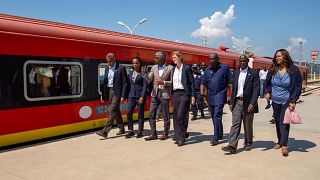
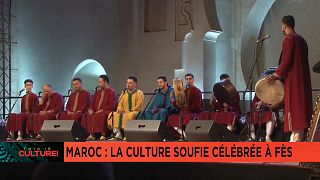

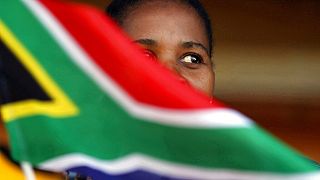
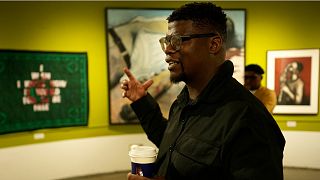
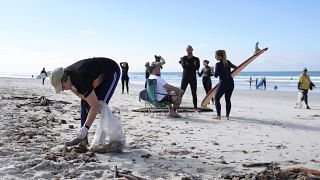
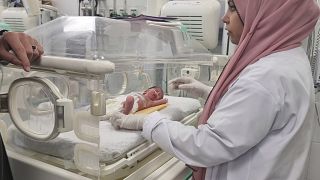

01:26
Universal social protection needs more financing, says ILO
02:01
Abidjan: Residents in distress after the destruction of their homes
00:59
Least developed countries getting poorer as gap with richer nations widens - Report
01:27
Disadvantaged children in Rwanda take up the sport of fencing
02:15
Kenya: Fighting period poverty and pollution
01:42
South Africa tells top UN court that it's accusing Israel of apartheid against Palestinians